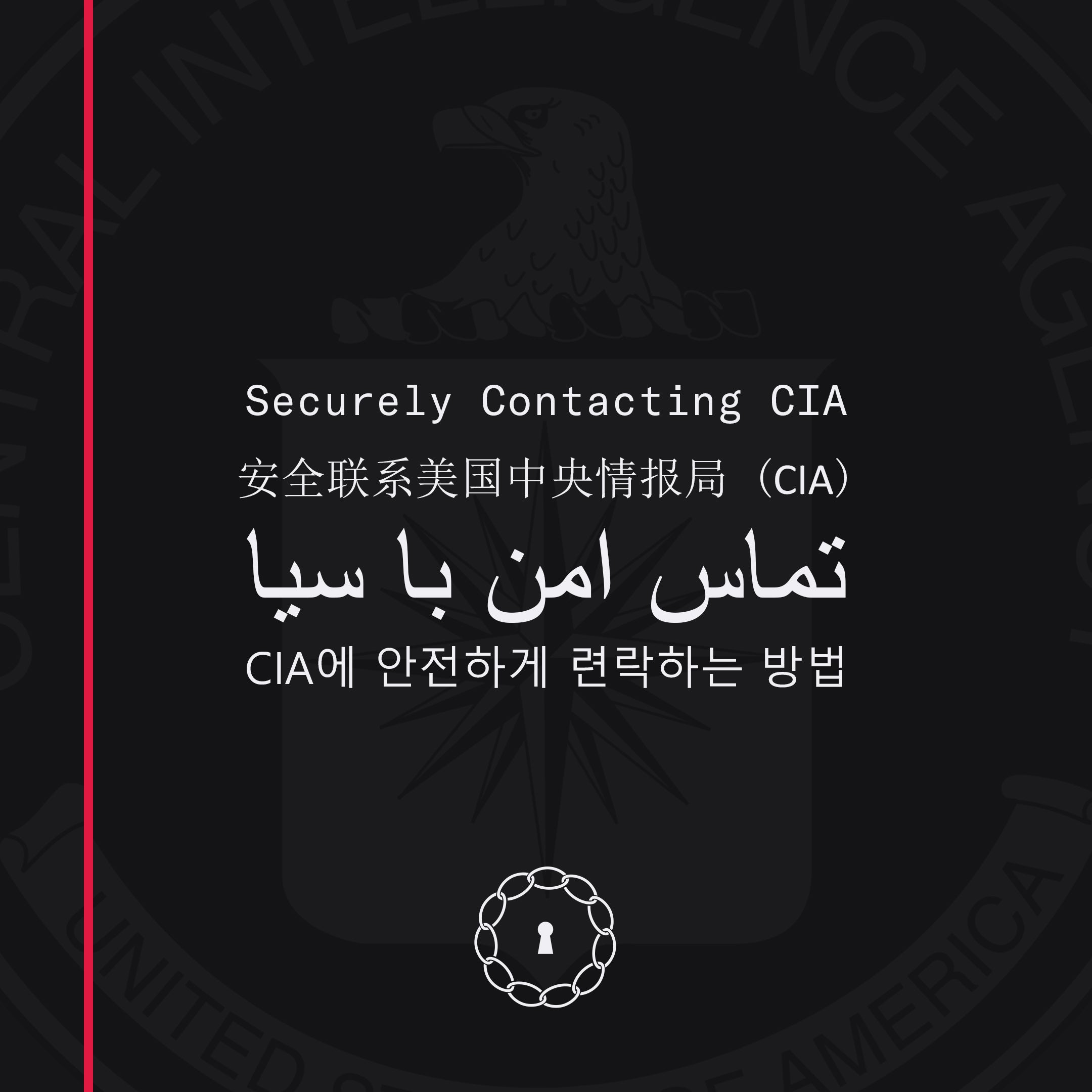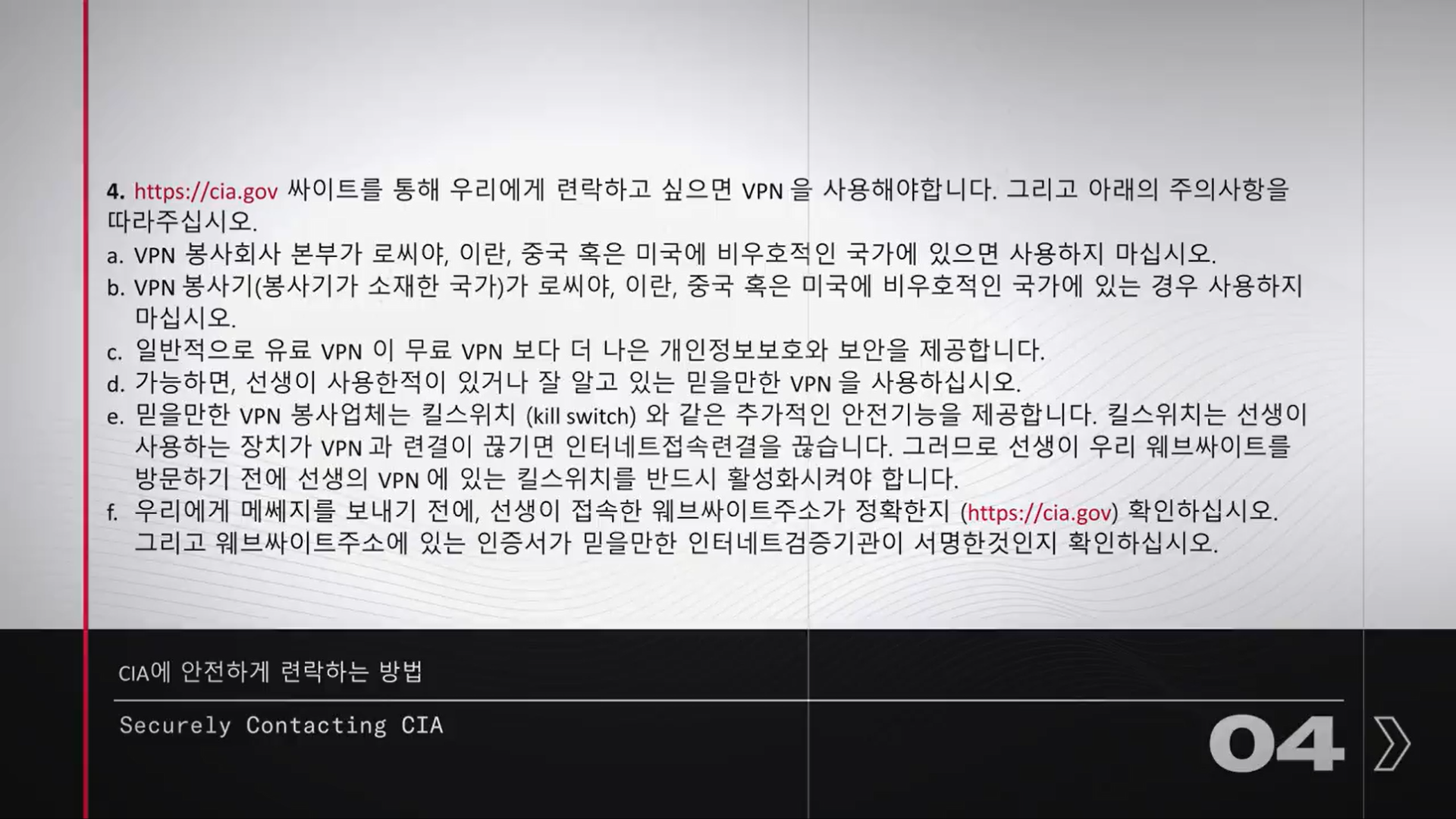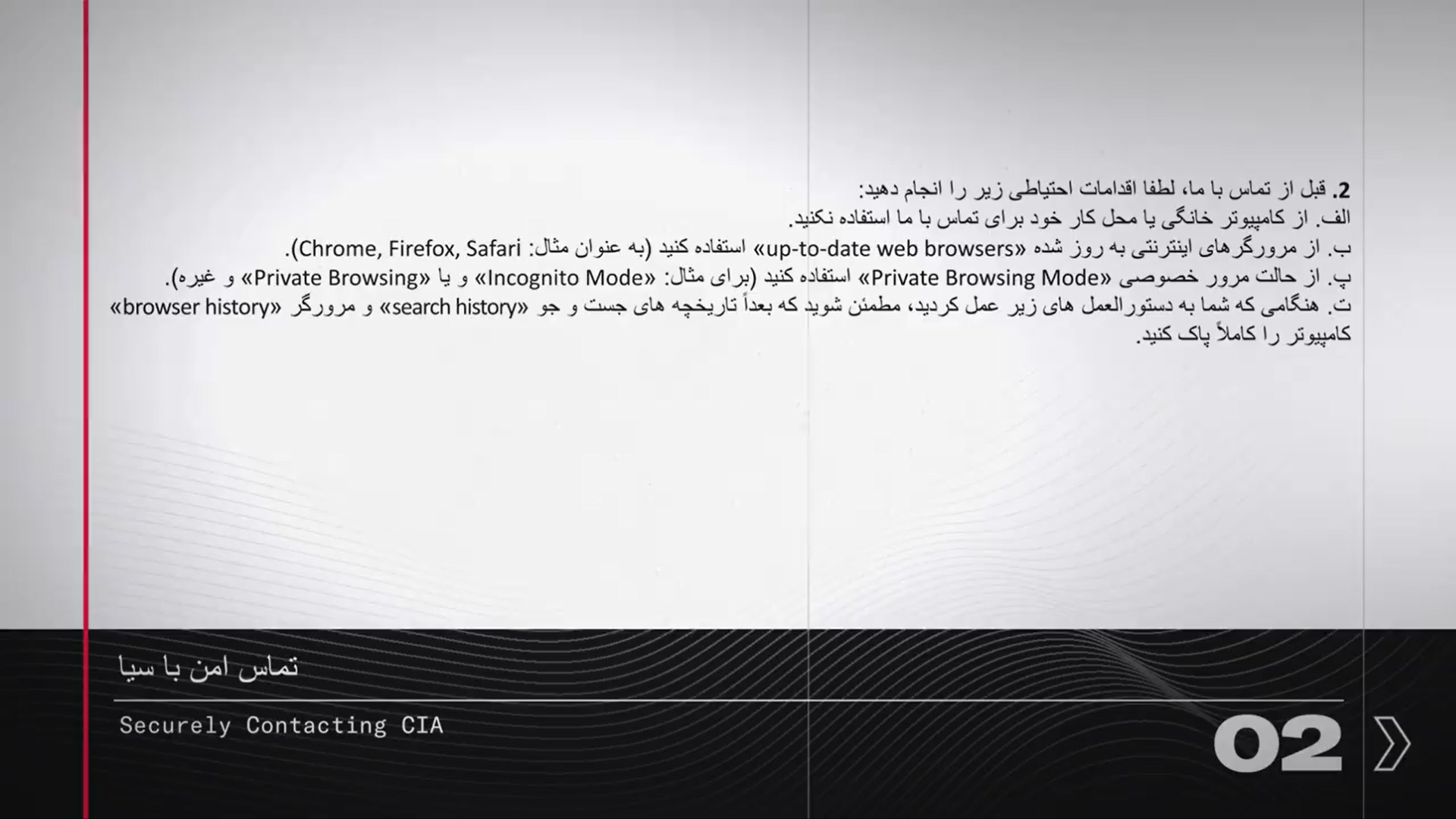How the CIA is using viral recruitment videos to reach spies in China, North Korea and Iran
Intelligence agency is trying to reach out to disaffected individuals after successful campaign to enlist Russians
Your support helps us to tell the story
From reproductive rights to climate change to Big Tech, The Independent is on the ground when the story is developing. Whether it's investigating the financials of Elon Musk's pro-Trump PAC or producing our latest documentary, 'The A Word', which shines a light on the American women fighting for reproductive rights, we know how important it is to parse out the facts from the messaging.
At such a critical moment in US history, we need reporters on the ground. Your donation allows us to keep sending journalists to speak to both sides of the story.
The Independent is trusted by Americans across the entire political spectrum. And unlike many other quality news outlets, we choose not to lock Americans out of our reporting and analysis with paywalls. We believe quality journalism should be available to everyone, paid for by those who can afford it.
Your support makes all the difference.The US Central Intelligence Agency (CIA) has launched a new drive to hire potential spies in China, Iran, and North Korea after a similar successful campaign to recruit Russians.
The agency posted instructions in Mandarin, Korean, and Farsi on Wednesday to enable individuals in these countries to “securely” contact the agency.
Encouraged by the success of a similar campaign in Russia, CIA officials are attempting to reach out to dissatisfied individuals as China broadens its cooperation with Russia and Iran.

The organisation said it had posted instructions across social media channels including Telegram, Facebook, X/Twitter, Instagram, LinkedIn, and YouTube to allow people to contact it via public or dark web sites.
“We want to make sure individuals in other authoritarian regimes know that we’re open for business,” a CIA spokesperson said in a statement.
The CIA shared similar Russian-language messages after Vladimir Putin launched his invasion of Ukraine in 2022.

China, Russia, North Korea and Iran are known as the “hard target” countries, where governments have made it difficult for other nations to penetrate and thereby gain insights into their workings or access other intelligence.
These nations block access to US social media platforms such as Facebook, deeming them unfavourable to the government. However, VPNs and other tools serve as a way to get around this censorship and surveillance. It has led in the past to individuals becoming targets for the authorities.
The CIA shared instructions in the viral videos about how informants can contact US intelligence officials without putting themselves in danger.
It asked people to use a darknet, an internet network that can only be accessed using special tools designed to hide the user’s identity.
The tips, presented in text-only videos and infographics, include using virtual private networks (VPNs) to circumvent internet restrictions and surveillance, and the use of a device that can’t easily be traced back to the user.

The CIA also urged any potential informants to use private web browsers and to delete their internet history to cover their tracks.
A Mandarin-language video posted to YouTube featuring only written instructions advised individuals to contact the CIA via its official website using trusted encrypted VPNs or the TOR network.
“Your safety and wellbeing is our foremost consideration,” it said. It asked for individuals’ names, locations, and contact details not associated with their real identities, along with information that could be of interest to the CIA, cautioning that a response was not guaranteed and could take time.
“People are trying to reach out to us from around the world and we are offering them instructions for how to do that safely,” the agency said in a statement.
“There are plenty of people who have access to information and who are disaffected [with] the Xi regime in China,” CIA deputy director David Cohen told Bloomberg.
“You’ve got people inside who see what’s happening, and, for lots of different motivations, fundamentally do not like the direction that Xi [Jinping] is taking the country, and understand that there’s a path to helping their own country by working with us,” he added.
China has objected to the move, calling it an “organised and systematic” disinformation campaign against China by Washington.
Liu Pengyu, a Chinese embassy spokesperson, said: “Any attempts to drive a wedge between the Chinese people and the CCP [Chinese Communist Party] or to weaken their close bond will inevitably fail.”

Join our commenting forum
Join thought-provoking conversations, follow other Independent readers and see their replies
Comments